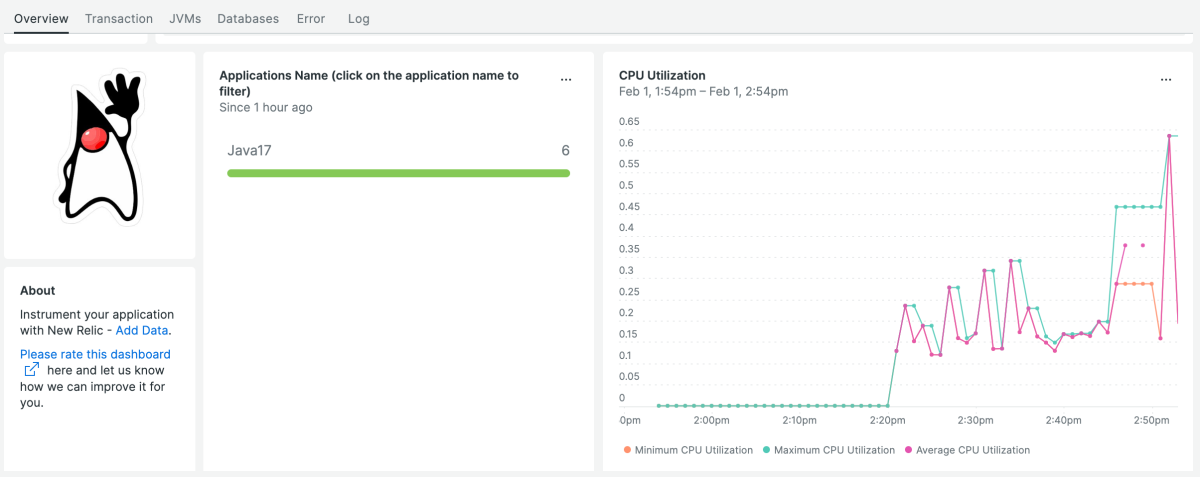Quickstart
RMI stands for Remote Method Invocation. It is a Java-based application programming interface (API) that allows objects in one Java virtual machine (JVM) to invoke methods on objects located in another JVM, whether they are on the same machine or on a remote system. RMI enables distributed computing by providing a mechanism for objects to interact and communicate with each other across different JVMs.
With RMI, a client program can access and invoke methods on remote objects as if they were local objects, abstracting the complexities of network communication and serialization. RMI handles the low-level details of communication, such as marshaling and unmarshaling parameters and results, so developers can focus on writing the application logic.
RMI relies on Java's object serialization mechanism to pass objects between JVMs. It allows objects to be passed as parameters, return values, or exceptions in method invocations, enabling distributed computing scenarios such as remote method calls, distributed object models, and distributed event notification systems.
Need help? Visit our Support Center or check out our community forum, the Explorers Hub.

